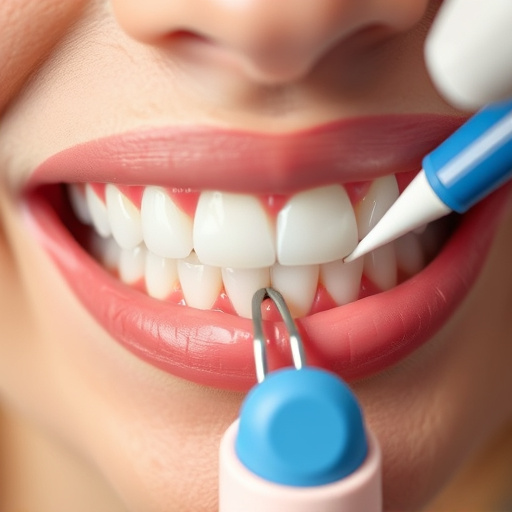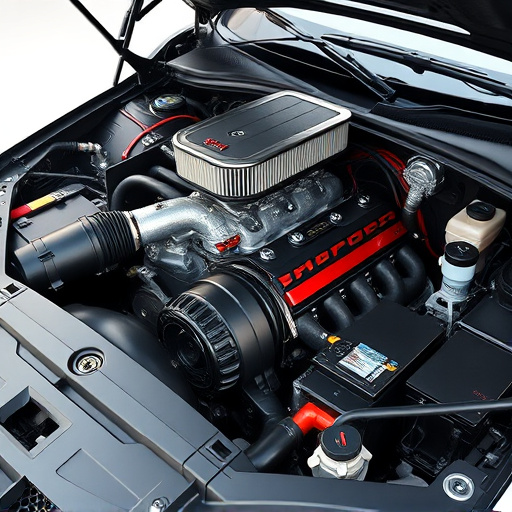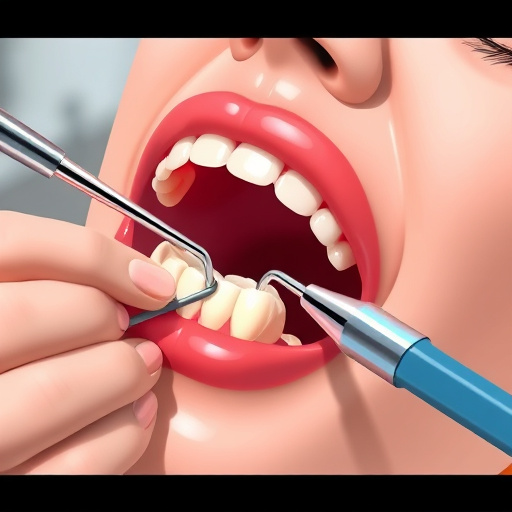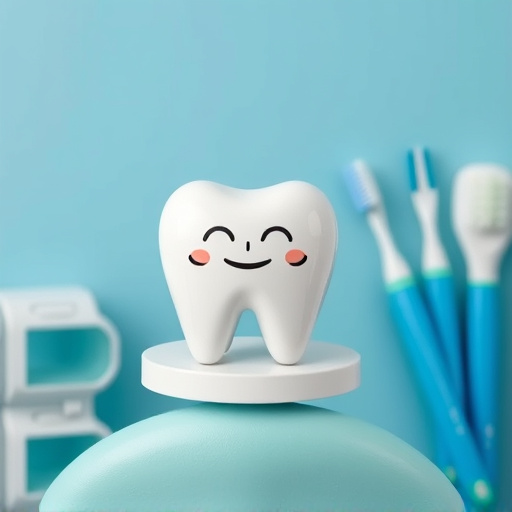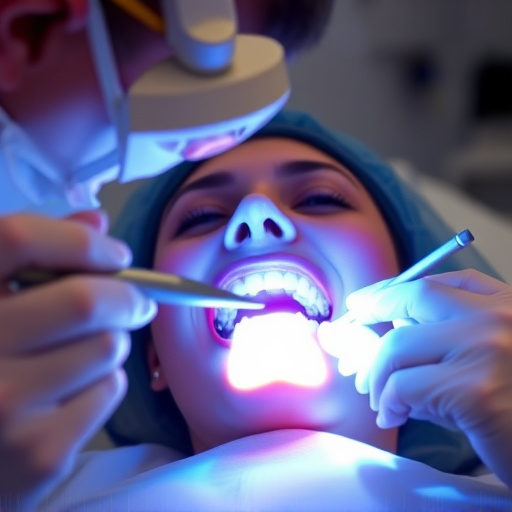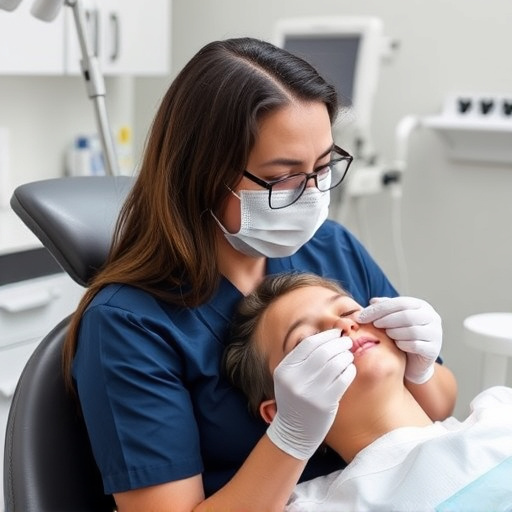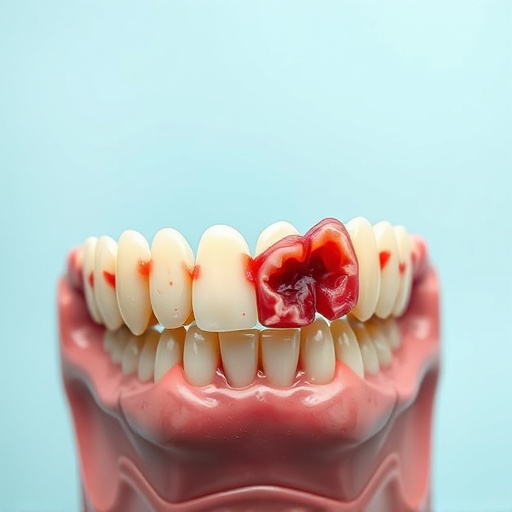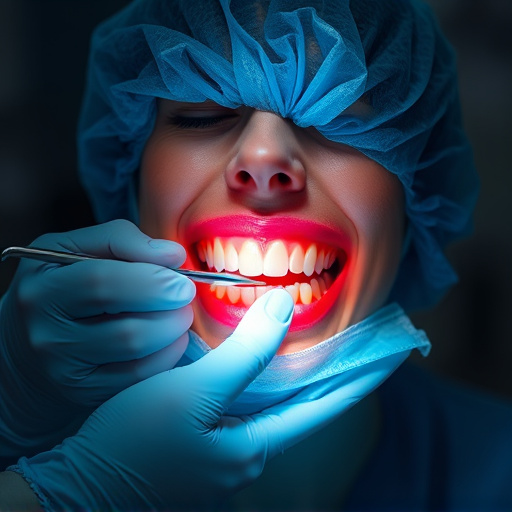In dental emergencies, emergency dental care is vital for saving teeth. Recognize signs like pain, bleeding, or a loose tooth, then seek immediate help from skilled professionals in dedicated clinics. They offer swift treatments, from fillings to wisdom tooth removal, minimizing damage and maximizing chances of preserving natural teeth. After restoration, follow post-care instructions, including a soft diet, temperature precautions, and gentle cleaning. Parents should monitor children's activities to prevent dislodging newly restored teeth. Regular check-ups and cleanings are essential for maintaining long-term oral health.
Emergency dental care is crucial for repairing damaged or dislodged teeth, offering immediate relief and long-term solutions. Understanding when to seek prompt attention can mean the difference between saving and losing a tooth. This article delves into the various emergency dental situations, highlighting the critical role of specialized care in restoring oral health. You’ll learn about the steps involved in repairing damaged or dislodged teeth, as well as what to expect during and after these essential procedures.
- Understanding Emergency Dental Situations: When to Seek Immediate Attention
- The Role of Emergency Dental Care in Repairing Damaged or Dislodged Teeth
- What to Expect During and After Emergency Dental Restoration Procedures
Understanding Emergency Dental Situations: When to Seek Immediate Attention
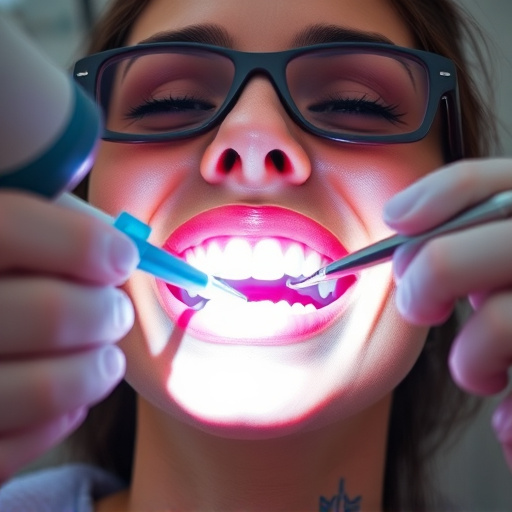
In the face of dental emergencies, such as a damaged or dislodged tooth, immediate action is crucial. Recognizing when to seek emergency dental care can make all the difference in saving your smile. Any situation where a tooth has been fractured, chipped, or completely knocked out requires prompt attention. Time is of the essence; the faster you receive treatment, the better the chances of restoring your tooth and preventing further complications.
Regular routine oral exams play a vital role in identifying potential issues early on. While these check-ups are essential for preventative dentistry, they may not always catch unexpected dental emergencies. Thus, it’s crucial to be aware of common signs necessitating immediate care, such as severe pain, bleeding, or a loose tooth. Acting swiftly can prevent small problems from escalating into more serious and costly dental procedures.
The Role of Emergency Dental Care in Repairing Damaged or Dislodged Teeth
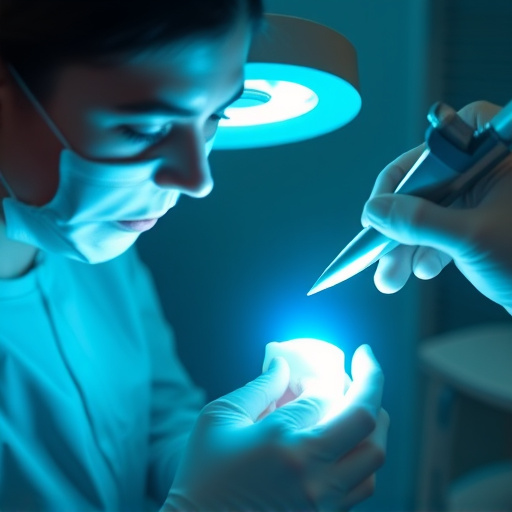
In moments of dental emergencies, whether it’s a damaged tooth due to an accident or a suddenly dislodged tooth after a sudden impact, emergency dental care plays a pivotal role in restoring oral health and functionality. This specialized service is designed to address urgent dental issues swiftly and effectively, ensuring that patients receive the necessary treatment without delay.
Emergency dental clinics are equipped with skilled professionals who can manage various situations, from minor cracks and chips to more complex cases like wisdom tooth removal. They provide a range of services, including temporary fillings, splints, and in some instances, comprehensive dental care such as teeth cleaning, to stabilize the affected area and prevent further damage. The goal is always to save the natural tooth whenever possible, offering prompt intervention that can make all the difference in long-term oral health outcomes.
What to Expect During and After Emergency Dental Restoration Procedures
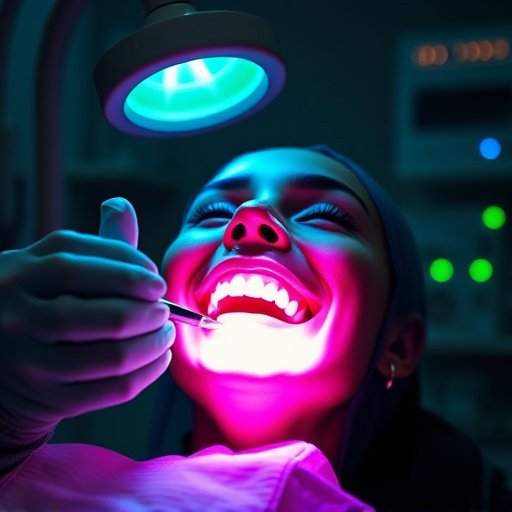
During an emergency dental restoration procedure, patients can expect a prompt and efficient process aimed at repairing damaged or dislodged teeth. The initial step involves assessing the extent of damage, which may include X-rays or other diagnostic tools to determine the best course of action. Once the dentist has evaluated the situation, they’ll discuss options with the patient, ensuring complete understanding of the procedure and expected outcomes. Common procedures could range from simple fillings to complex dental implants, depending on the severity of the issue.
After the restoration, it’s crucial to follow post-procedure instructions carefully. This often includes maintaining a soft diet for a few days, avoiding extreme temperatures in food or drinks, and gently cleaning the area as recommended by the dentist. For children’s dentistry cases, parents should monitor their child’s behavior, ensuring they avoid strenuous activities that might dislodge the newly restored tooth. Regular check-ups are essential to ensure the restoration’s longevity, with teeth cleaning sessions playing a vital role in maintaining oral health and preventing future emergencies.
In conclusion, emergency dental care plays a pivotal role in restoring damaged or dislodged teeth, offering immediate relief and long-term solutions. By swiftly addressing these urgent dental situations, professionals can effectively repair and preserve oral health, ensuring patients regain confidence and comfort. Efficient emergency dental care procedures not only alleviate pain but also contribute to maintaining the natural beauty and functionality of one’s smile.



